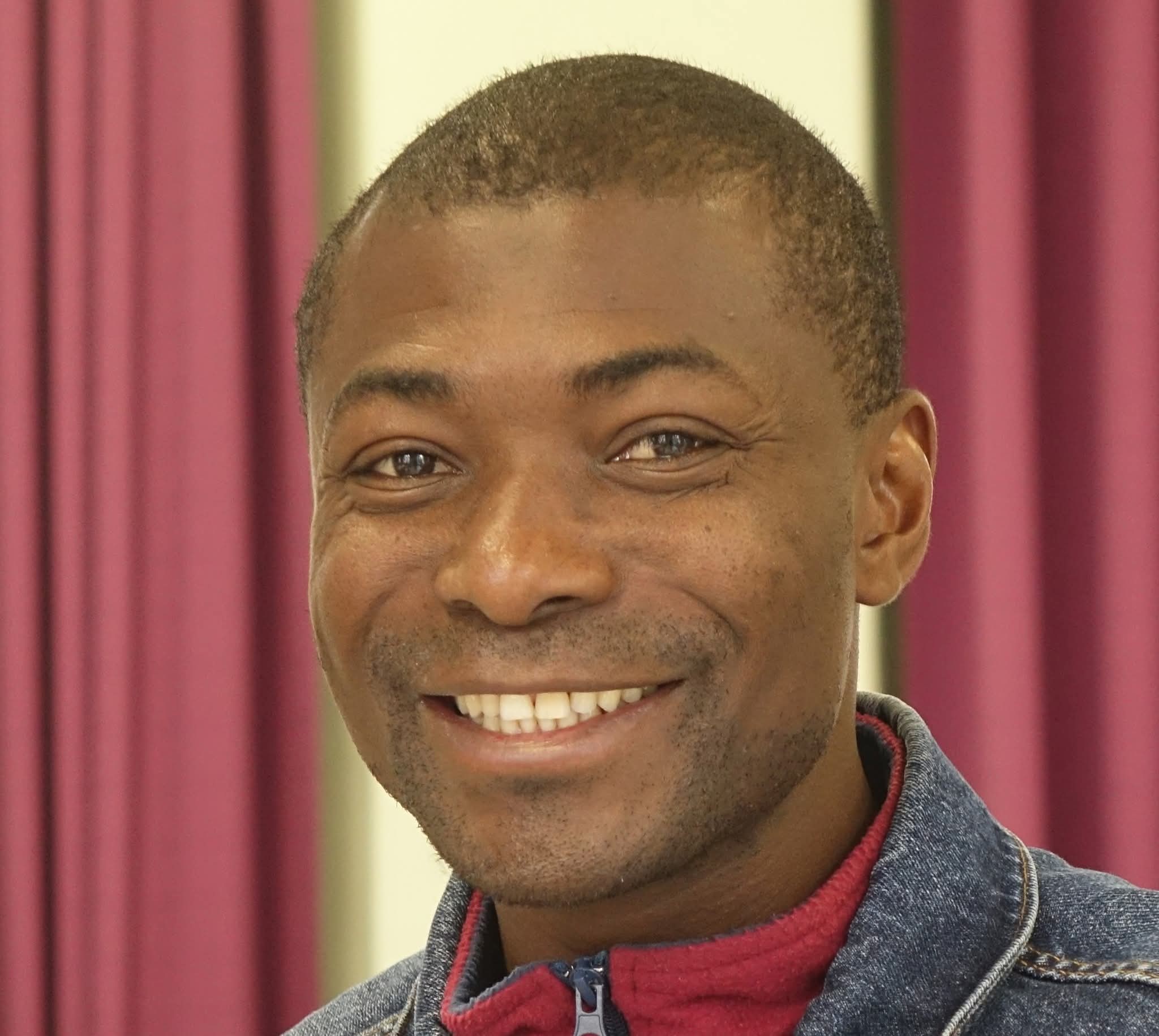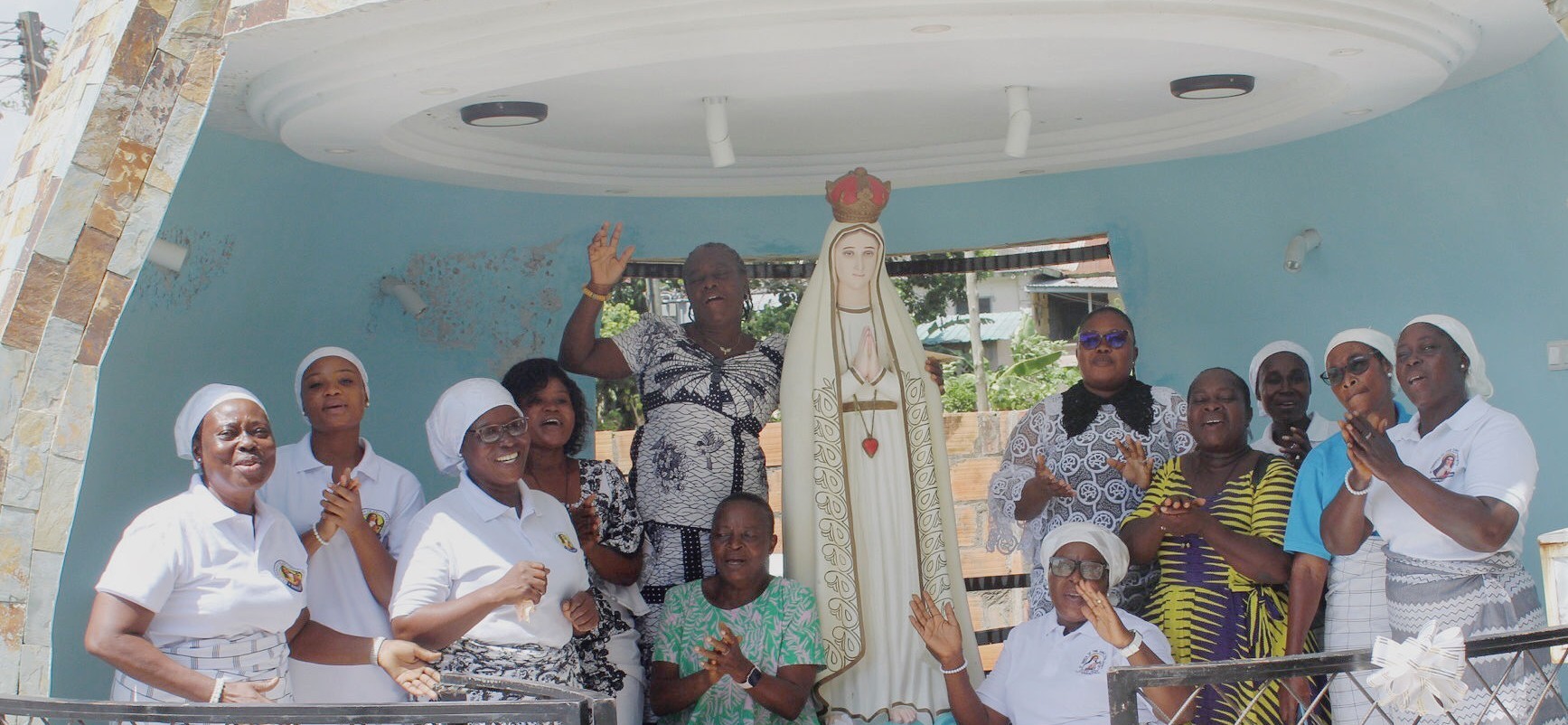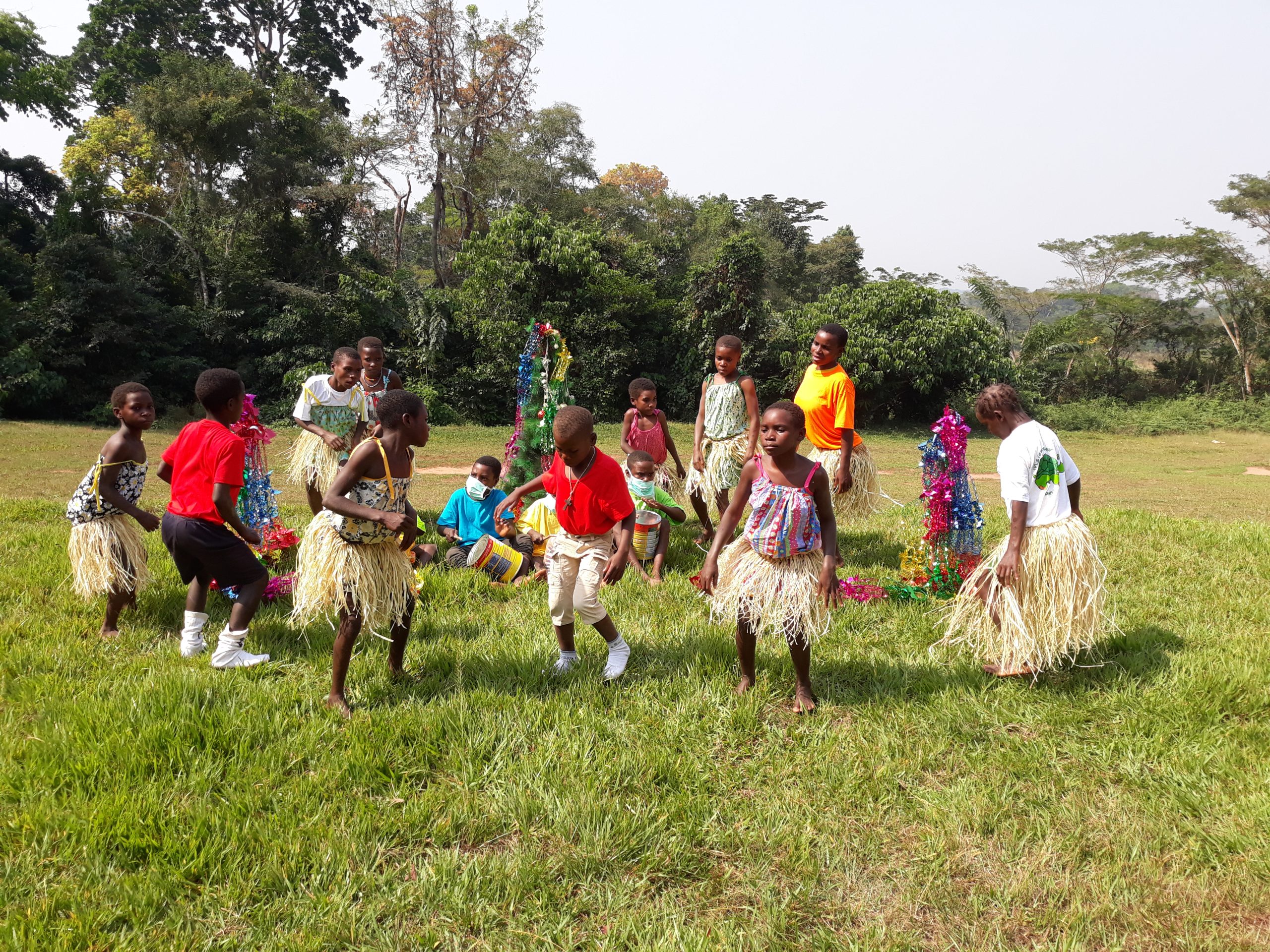Catholic priestly formation has long been a theological, psychological, and pastoral issue, striving to balance spiritual discipline and human development. A recent study by Fr. Don Phiri, SMA—a Zambian missionary priest and Tangaza University Master’s program graduate in Counselling Psychology—sheds new light on this delicate balance.
Conducted at St. Dominic’s Major Seminary in Lusaka, Zambia, Fr. Phiri’s research underscores a key dynamic in priestly formation: the relationship between Personal Growth Initiative (PGI) and Religious Commitment (RC). His findings suggest that seminarians who are psychologically self-aware and proactive in their personal development also tend to be those most deeply rooted in their faith—highlighting the indispensable role of human formation in preparing future priests for resilient and faithful ministry.
The Four Pillars of Formation
Formation for the priesthood in the Catholic Church, as envisioned by Pastores Dabo Vobis and reaffirmed in subsequent Church documents, is based on four pillars:
- Human Formation– Emotional maturity, psychological stability, and relational ability.
- Intellectual Formation – Serious study of philosophy, theology, and pastoral studies.
- Spiritual Formation – Christ-centered life of prayer, sacramental fidelity, and vocational discernment.
- Pastoral Formation – Hands-on ministerial preparation rooted in service to the People of God.
Fr. Phiri’s study brings renewed attention to human formation as the critical foundation for all the others. Without psychological resilience and emotional integrity, spiritual fervor and pastoral efficacy are vulnerable to burnout and breakdown.
Key Findings: Data at the Service of the Church
Surveying 160 theology students at St. Dominic’s Major Seminary using the Personal Growth Initiative Scale-II (PGIS-II) and the Religious Commitment Inventory-10 (RCI-10), Fr. Phiri’s study revealed several important trends:
- High Personal Growth Initiative: 55.6% of seminarians demonstrated strong personal growth initiative, with an additional 25% scoring in the moderate range—indicating a significant number of future priests are self-aware, reflective, and actively seeking personal development.
- Strong Religious Commitment: 66.3% of the respondents had high scores in religious commitment, and only 1.3% were in the low level—attesting to the mission of the seminary in instilling strong and enduring faith.
- A Moderate Positive Correlation: Most significantly, a correlation coefficient of r =.402, p <.000 was found between PGI and RC. This suggests that seminarians who are growing as individuals are also growing in faith—and vice versa.
The implications are deep: spiritual formation and human development are not two parallel lines but profoundly interrelated paths toward priestly integration.
From Data to Pastoral Action
Fr. Phiri’s conclusions call for a rethinking of how priestly formation is structured, particularly in the African context where challenges to psychological well-being are on the rise.
- Holistic Integration: Seminaries should embed human development programs within the broader formation process—offering regular mentorship, psychological support, and opportunities for emotional growth alongside spiritual and intellectual training.
- Fostering Self-Motivation: Since over 90% of respondents indicated intrinsic motivation for the priesthood, formators are encouraged to foster this motivation by providing settings for spiritual and psychological flourishing.
- Preventing Burnout: With an estimated 50% of African priests suffering from psychological problems, including depression and burnout (Egunjobi, 2019), early PGI focus can prepare future priests with the emotional tools to ensure a healthy, life-long ministry.
A Scholar with a Missionary Heart
Ordained in 2008, Fr. Phiri was in post-war Liberia, where he saw at close quarters the widespread trauma among citizens as well as among Ivorian refugees. The experience revealed to him the limitation of theological formation alone to address such complex psychological trauma. That prompted him to pursue higher studies in counselling psychology with specialization in trauma.
Now, as director of the Inter-Congregational Ongoing Formation (ICOF) program in Tanzania, he puts research into practice—helping priests and religious to revitalize their vocations and reclaim emotional health and spiritual vitality.
Toward a More Human Priesthood
Fr. Phiri’s research is a timely reminder that the Catholic priesthood demands more than theological competence or pastoral skill. It calls for integrated men—priests who are both spiritually grounded and emotionally mature. As the Church continues to face complex cultural, social, and psychological challenges, especially in mission territories, such holistic formation becomes not only advisable but imperative.
For seminaries, this can mean imagining formation as a process that does not separate the spiritual from the psychological but sees both as being interdependent. For the wider Church, it assures us that human formation is not an option, but a pastoral necessity.
“The measure of a good priest is not merely in his homilies or sacraments, but in the integrity of his humanity—for only a whole man can truly shepherd others toward wholeness.”
In Fr. Phiri’s work, the Church finds not just data—but a vision: a more humane, faithful, and resilient priesthood for the future.
By Dominic Wabwireh







Leave a Reply